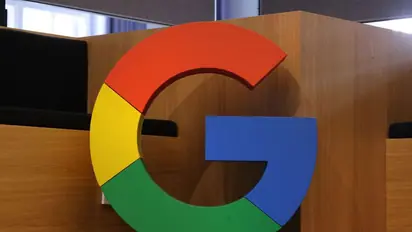Here's why Google has delayed ChatGPT rival 'Gemini' AI launch

Synopsis
Google Gemini is expected to leverage multimodal learning techniques to process and generate various data formats, including text, images, code, and audio. The reason behind this decision is that the company discovered that the AI, Gemini, was not consistently effective in handling queries in languages other than English.
The introduction of Google's conversational artificial intelligence, 'Gemini AI,' meant to compete with OpenAI's ChatGPT, has been postponed until January of next year. According to The Information, Google CEO Sundar Pichai has cancelled a series of Gemini events set for next week in California, New York, and Washington. The corporation made this move after discovering that Gemini, the AI, was not consistently competent in processing requests in languages other than English.
The events that were planned but not publicly disclosed were supposed to be Google’s most significant product launch of the year. According to the source, this comes after Google made significant efforts to compete with OpenAI, broadening its computational capacity and integrating large teams.
Google's Gemini is intended to handle a wide range of applications, combining different types of data such as photos and text for more complex jobs.
Gemini is planned to process and produce data in a variety of media, including text, graphics, code, and audio, using multimodal learning approaches. This might allow it to do things like generate innovative text forms, translate languages, and code.
This new AI Model is projected to have excellent generative skills, allowing it to produce human-quality prose, translate languages, compose various types of creative material, and provide meaningful answers to your inquiries.
Demis Hassabis, CEO of Google DeepMind, stated in June that Gemini would be more competent than OpenAI's ChatGPT. Hassabis stated that the engineers are creating Gemini using tactics from the AI software AlphaGo, which was the first to defeat a champion human player of the board game Go. Gemini is also expected to boost Google's existing AI and AI-enhanced products, such as Bard, Google Assistant, and Search.
Find the latest Technology News covering Smartphone Updates, AI (Artificial Intelligence) breakthroughs, and innovations in space exploration. Stay updated on gadgets, apps, and digital trends with expert reviews, product comparisons, and tech insights. Download the Asianet News Official App from the Android Play Store and iPhone App Store for everything shaping the future of technology.